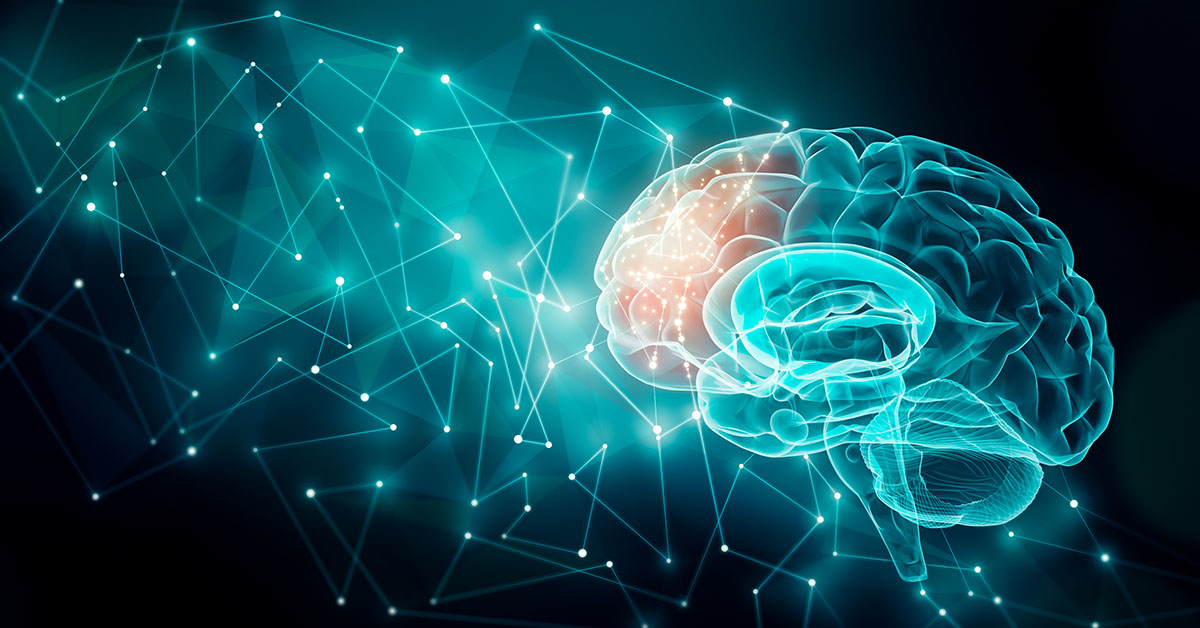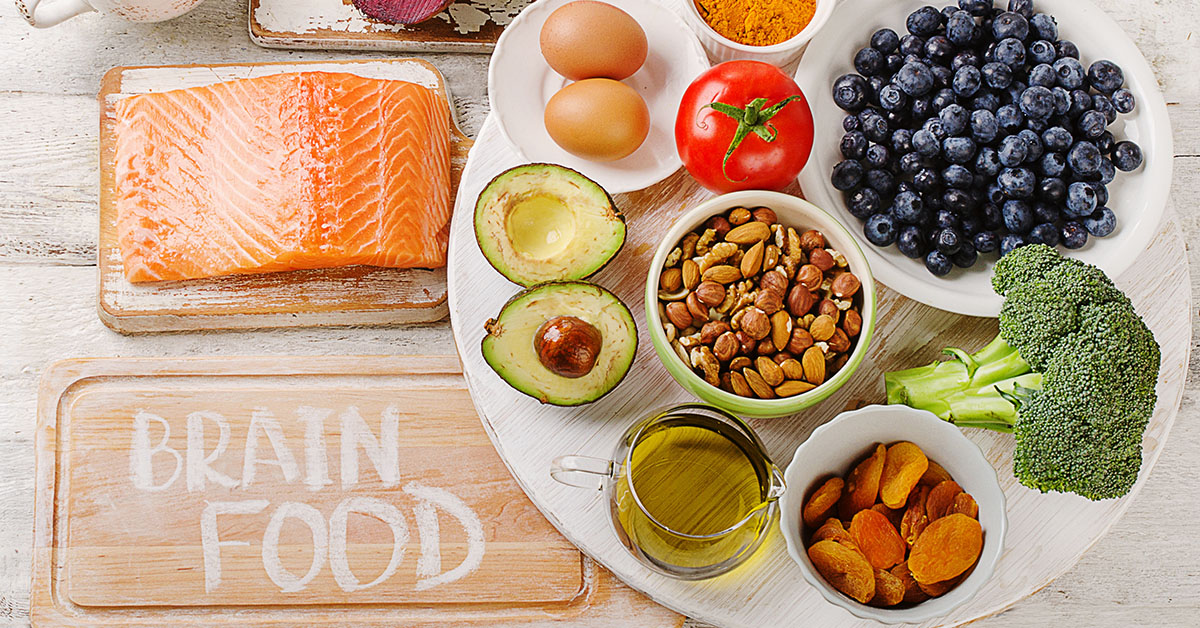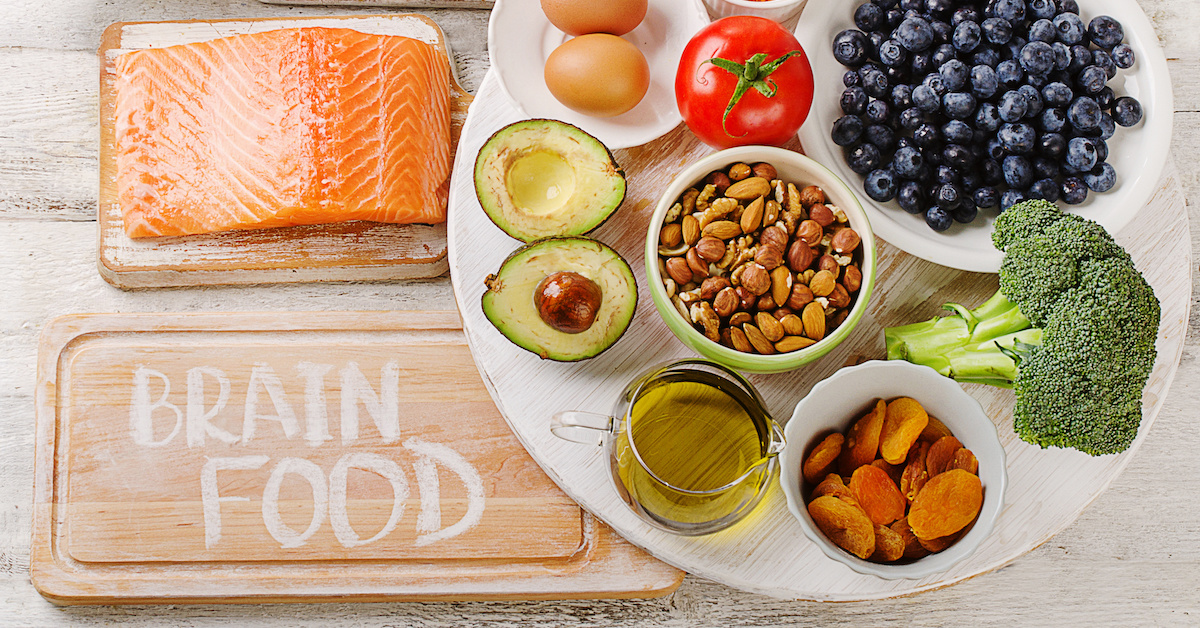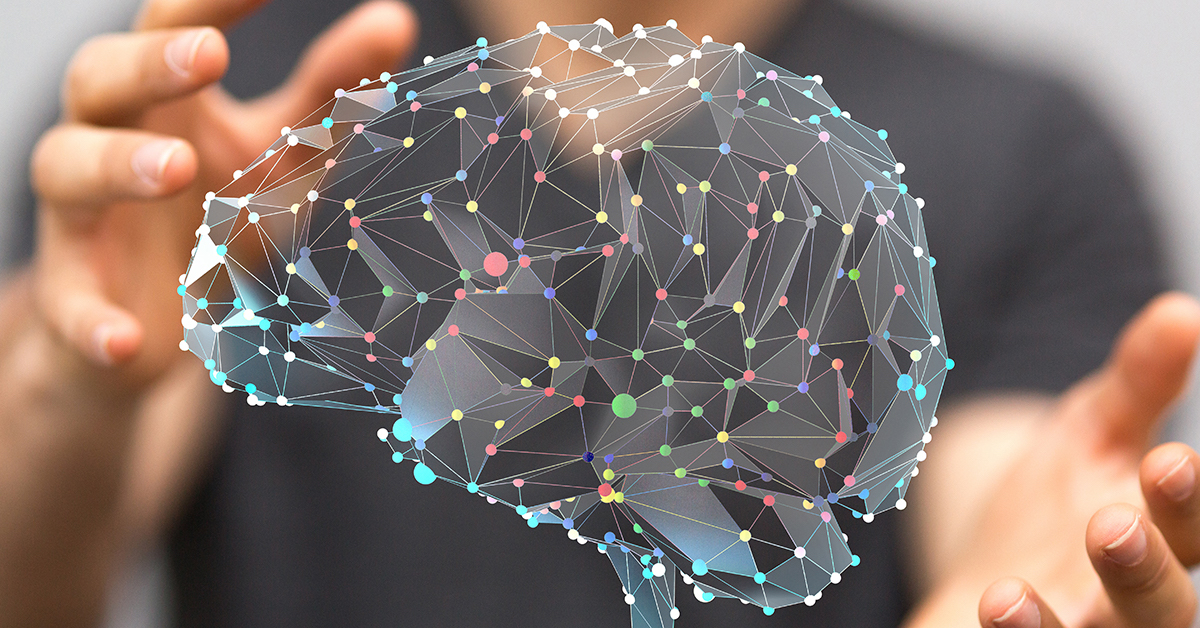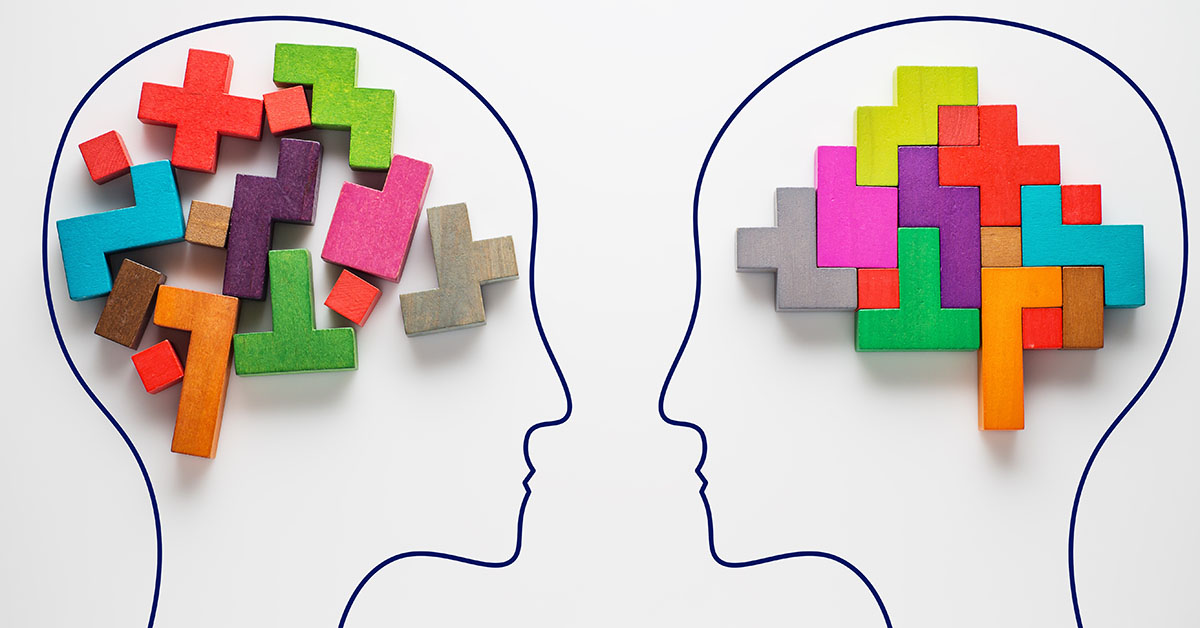
September is Healthy Aging Month, and one of the major things people worry about as they age is their brain health. More specifically, they worry about maintaining their cognitive ability. That’s why “brain training” games and puzzles have become so popular. People are eager to try and preserve their mental clarity so they can stay sharp as they age. Some may hope to ward off dementia or memory loss. But do these brain training programs actually work?
What is Brain Training?
Brain training is a term that refers to mental exercises that are supposed to help people improve things like memory and general mental agility. Most of these exercises are in the form of games or puzzles and are often offered through apps or online programs. Some claim that playing these games for just a few minutes every day can help improve your cognitive abilities.
These games and puzzles try to improve your cognitive abilities by targeting what are referred to as “executive functions.” According to Psychology Today, executive functions are a set of cognitive processes and mental skills that help us plan, monitor, and execute goals. Executive functions include working memory, attentional control, inhibition, problem-solving, and decision making.
Does It Work?
Not really. A study published in The Journal of Neuroscience found that brain-training programs have no discernable effect on the brain or cognitive performance. However, practicing something can make changes in your brain.
Your brain is plastic, meaning the pathways and connections it uses for thought and other cognitive functions change with experience. When you practice something over and over, you will get better at it. However, that improvement doesn’t necessarily benefit your overall brain health.
It makes sense that if you practice puzzles and games all the time, you will get better at those puzzles and games. But it doesn’t mean your memory or mental performance will improve. All it means is that you can become better at something by practicing. And we already knew that.
That being said, researchers continue to study the effects of programs that aim to improve cognitive performance. While most are skeptical that “brain games” can really improve our brain function, there isn’t definitive proof that it’s impossible for them to help us.
How Can You Keep Your Brain Healthy?
Though brain training may not be able to help you maintain your cognitive abilities as you age, there may be steps you can take to improve your chances of keeping your brain healthy longer. Paying attention to your overall health will probably have a bigger impact on your brain than any kind of training or game.
Keeping your diet balanced and healthy can contribute to the health of your entire body, including your health. Staying active is also a great way to try and keep your mind sharp. Many studies have linked aerobic exercise to improved cognitive function.
Make an Appointment With A Neurologist
If you have concerns about your neurological health, contact us to talk to a neurologist. Regional Neurological Associates has reopened with your safety in mind and we are seeing patients in-office. Our current office hours are: Monday – Friday from 9 am – 4 pm. If you have questions or concerns about your neurological health, call us at (718) 515-4347 to make an appointment. We are also pleased to announce that same-day appointments are now available.
We do ask that patients experiencing symptoms like fever, cough, or shortness of breath reschedule your appointment or schedule a telemedicine appointment. Please contact our office to change your in-person visit to a Telehealth visit (718) 515-4347. We thank you for your understanding and cooperation.


